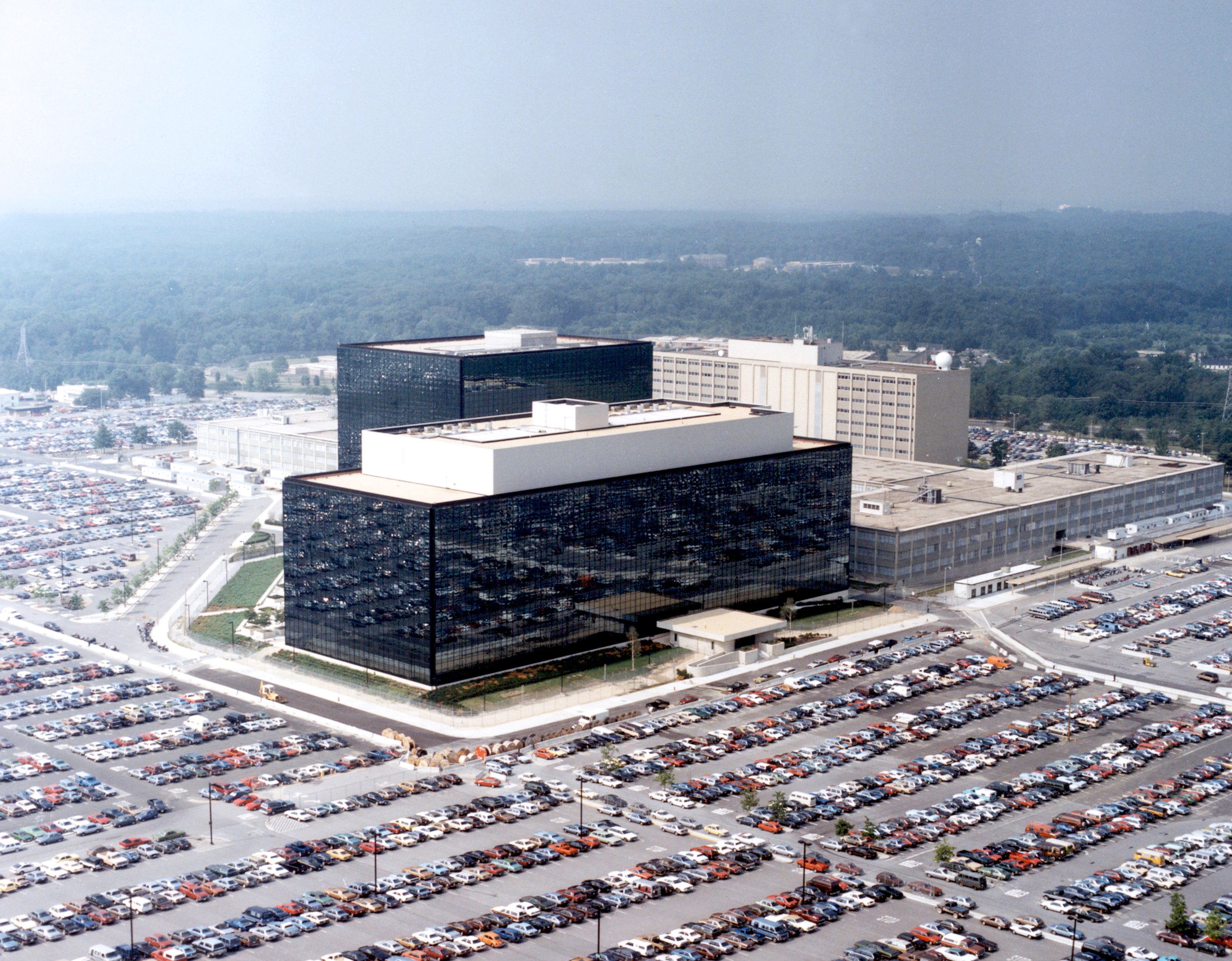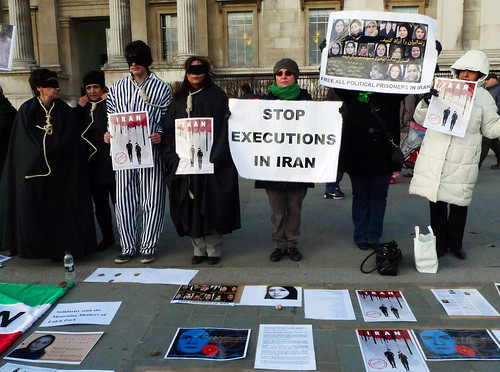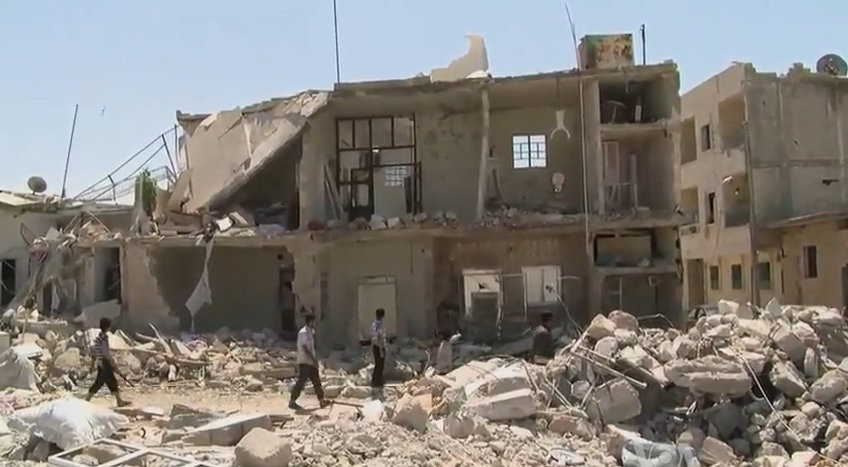
Cybersecurity and Cyberwar: What Everyone Needs to Know
By: P. W. Singer and Allan Friedman
New York: Oxford University Press, 2014
The year 2013 saw a number of headline news stories featuring a variety of different actors and sectors, but all with their roots in the same place: the cyber world. Edward Snowden disclosed a series of classified NSA documents detailing the United States’ global surveillance apparatus, including Internet surveillance programs like PRISM. The US federal government launched the website healthcare.gov to facilitate enrollment in health care exchanges, and an acting assistant secretary of Homeland Security testified before congress in November that the site experienced a series of attempted hacks. Conspirators who hacked into the systems of Nasdaq, Visa, and J.C. Penney and other major companies were subsequently charged in relation to a $45 million bank heist that involved stolen account information. A group supporting Syria’s Assad regime hacked the Associated Press’ Twitter account, tweeting (falsely) that President Obama had been injured in White House explosions. And a report released by the US government reported that China’s People’s Liberation Army had carried out cyber attacks on US corporations.



